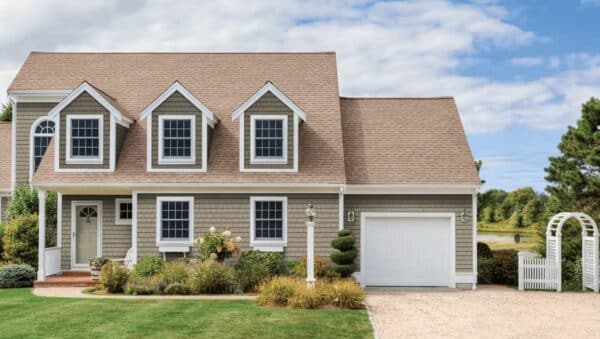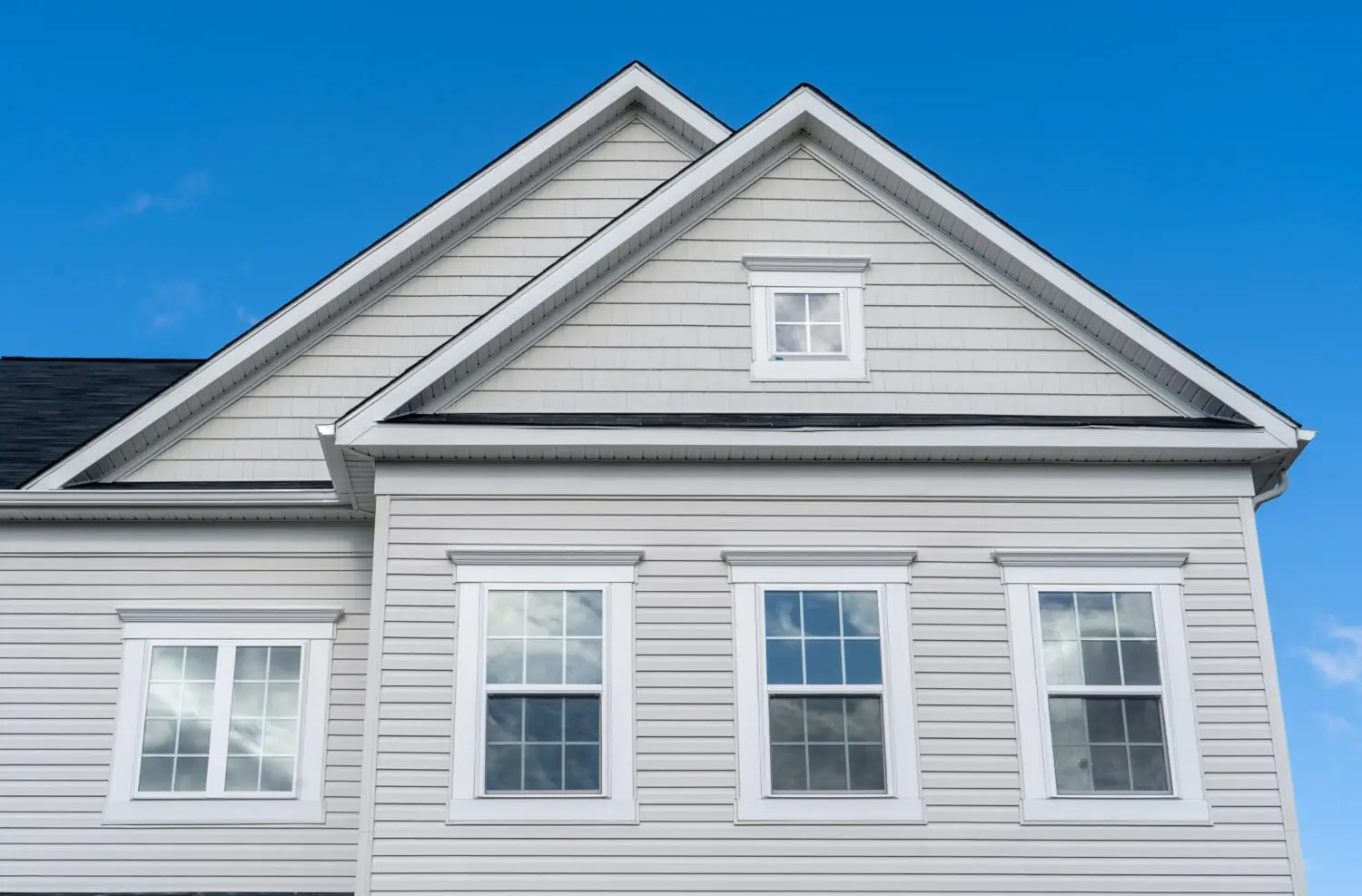
Are you looking to make your home energy efficient from top to bottom? A whole-home approach to energy savings is the right mindset! The truth is that your entire home works together to save energy, from your roof to your siding and of course, your windows. But what are energy efficient window options for a whole house upgrade?
Choose windows with insulating materials
The window material you choose for your home makes a difference in performance. Vinyl is one of the top choices for window replacement materials. When professionally installed, vinyl frames are capable of reducing drafts and preventing energy from escaping. This keeps your HVAC system from overworking and causing your utility bills to rise.
The most insulating vinyl frames include foam inside. This provides another barrier against energy loss and keeps the windows performing at peak condition.
Stay warm with warm edge spacers
Inside the most energy efficient windows, there is spacer technology that keeps the glass panes together. This spacer helps improve a window’s performance in several ways. First, it keeps homes warmer in the summer and cooler in the winter by reducing thermal transfer. It also helps prevent condensation from forming around the edge of the glass.
When searching for energy efficient replacement windows, look for acrylic-bonded and ultra durable spacer technology. Meanwhile, a warm edge steel spacer system does not conduct moisture.
Experience top performance with energy efficient gases
What are energy efficient window options for a whole house upgrade? When it comes to making your home more energy efficient, a lot of the power comes from the glass packages. Invisible energy efficient gases are filled inside of the window’s glass panes for additional insulation.
Argon gas
When you hear about replacement windows containing energy efficient gases, this is likely a reference to argon gas. Argon is a gas that’s denser than air. Its purpose is to enhance the thermal efficiency of the window and essentially create an extra barrier to block energy loss.
When you see windows advertised at bottom dollar prices, it likely does not contain argon gas. You’ll pay less money upfront, but you won’t see a significant difference in your energy bills.
Krypton gas
Argon gas is a popular energy efficient gas for a replacement window, but it’s not the only option. Krypton is even denser than argon, and it also costs more. Krypton gas is also a good fit for the tight chambers of triple pane windows, resulting in an ultra efficient replacement window for your home.
Keep in mind that krypton gas can increase the u-value of a window by up to 27%.
Low-e glazing
Low-e is an invisible coating that is applied to the glass of your replacement windows. There are several areas where low-e is applied, including:
- Outside surface of the exterior glass
- Inside surface of the exterior glass
- Outside surface of interior glass
- Inside surface of exterior glass
During the winter, low-e can help keep your home warmer by reflecting heat from a room back inside. This helps prevent energy loss, which helps keep your utility bills low during the coldest times of the year.
Without these gases, energy can easily be lost through the glass panes. This makes your windows much less efficient while your energy bills remain high.

Don’t forget about triple pane glass
Long ago, replacement windows had a single pane of glass. This proved to be quite inefficient and didn’t provide much for energy savings. Eventually, dual pane windows became the norm in homes across America.
Today, a third option is available: triple pane glass. Triple pane is one of the most energy-efficient options that you can choose for your home. The third pane of glass provides an additional barrier against the elements as well as energy loss. When you combine triple pane with all of the other energy-saving technologies available, you can save potentially hundreds of dollars each year on your energy bills.
Expert window installation
Selecting certified and insured whole home window installers is imperative to the product’s performance. This is one of the most overlooked aspects, especially when it comes to the science behind windows and heating bills.
For example, during the winter, energy loss is a major consideration for homeowners. While inefficient windows can lose up to 25% of your home’s energy, the least of your worries is what is potentially lost during the installation process.
This is how window installation works in the winter:
- Residential window contractors replace one window at a time during winter to minimize energy loss throughout the installation.
- They place plastic tarps over the opening to block heat from escaping.
- Expert window contractors typically complete each window replacement in 20 to 30 minutes.
- After securing the new window, they apply caulking and trim, which usually takes an additional 20 to 30 minutes.
- When contractors measure windows accurately, they leave a small gap—about ½” to ¾”—to allow for natural expansion and contraction in changing temperatures.
What are energy efficient window options for a whole house upgrade? Get expert advice today!
As the go-to whole home window installers in New England, we can help you find energy efficient window options for a whole house upgrade. We take the guesswork out of the process! Contact us for a fast, friendly and free estimate and a 3D preview of your new window upgrade. We install vinyl siding, James Hardie®, and roofing, too!


